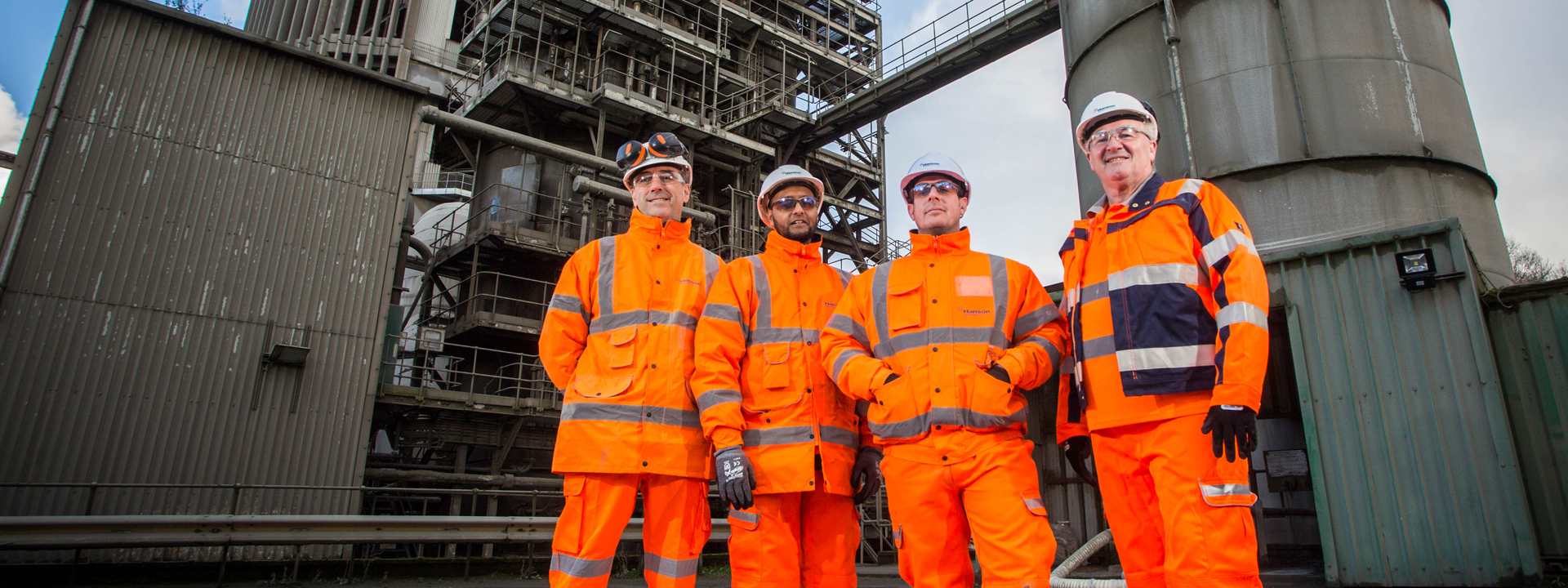Ribblesdale and Ketton upgrades
A £21 million investment programme at Ribblesdale and Ketton cement works will improve production efficiency and ensure the plants meet and exceed current and emerging legislation on emissions.
The £11million upgrade at Ribblesdale in Lancashire will be the biggest investment in the plant in more than 20 years and is part of a longer-term £25 million programme over seven years. The initial work involves installing new dust filters on the cement grinding mills and renewing significant amounts of ducting. The old electrical precipitators are being replaced with modern fabric filters to remove cement particles from the air. The improvements will ensure the plant runs well below the EU Industrial Emissions Directive, which came into force in April.
A total of 75 metres of new ducting is will be fitted as part of a five-year improvement plan for the site’s exhaust gas handling system. The new lengths will prevent emission leaks and improve overall efficiency as cold air will not be sucked into the process. At £6.5 million, the replacement of the wet gas scrubber – the house-sized unit that removes sulphur and odour from kiln gases – is the largest investment.
At the Ketton plant near Stamford, the improvements will focus on the kiln dust filter which is to be replaced as part of an investment programme totalling almost £10 million.
The existing filter system, which removes around 300 tonnes of particles an hour from the kiln gases and the raw mill, is almost 30 years old. As dust emission limits have come down, it has become increasingly difficult to squeeze any further improvement out of the system, prompting the decision to invest in the latest technology as part of the drive to reduce emissions.
New bag filters have already been installed on two of the cement mills at a cost of £1.8 million.
